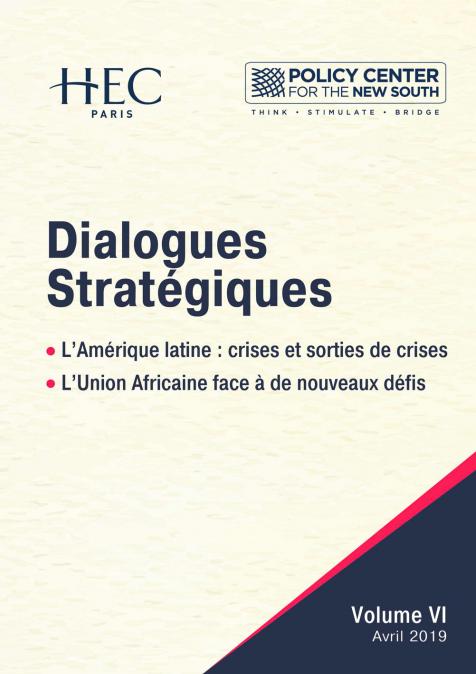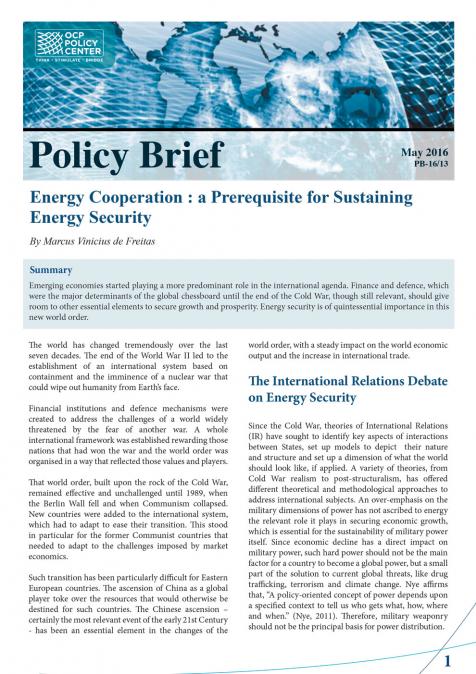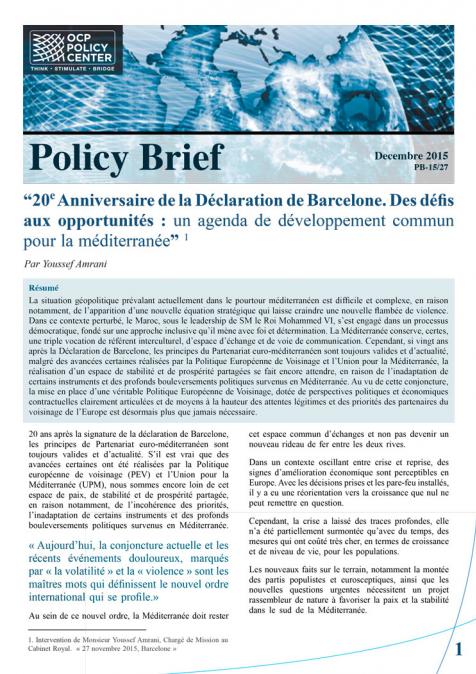Publications /
Opinion
Brazil’s president Jair Bolsonaro is almost a mirror image of U.S. president Donald Trump. They have considered COVID-19 a “hoax, ”, ( Trump), or a “fantasy” (Bolsonaro). They both believe a potentially toxic drug, hydroxychloroquine, which was developed to fight malaria, to be the miracle cure for the virus. They have refused to wear facemasks. They have both pushed back against lockdown rules. Bolsonaro even issued a presidential decree that exempted churches and lottery houses from state and municipal health regulations by classifying them as “essential services”, thus allowing people to congregate. The next day a federal court suspended the decree, ruling that it violated federal law.
When Brazil’s minister of health, Luiz Henrique Mandetta, disagreed with Bolsonaro on social distancing guidelines, the president decided to appoint a successor, who favored “reopening businesses as quickly as possible”. The successor Nelson Teich, an oncologist and businessman, resigned after 28 days in office. Bolsonaro then appointed a former general as temporary minister of health, determined to officially declare hydroxychloroquine as the nation’s preferred treatment against COVID-19. Twitter, Facebook and YouTube have removed some posts shared by the Brazilian president for including coronavirus misinformation. Brazil was “heading for catastrophe”, Deutsche Welle, the German Foreign Radio Network reported. CNN confirmed that Brazil was now the “new global hotspot” for coronavirus. According to the Institute for Health Metrics and Evaluation at the University of Washington, the virus is perhaps on track to kill more than 88,000 people in Brazil by early August. So far (May 28), about 26,000 Brazilian citizens have died, though health experts suspect the real number is least twice as many.
‘I am not a Miracle Worker’
When a journalist pointed out to Bolsonaro that Brazil’s death rated had surpassed that of China, the president, whose full name is Jair Messias Bolsonaro, replied, “So what? Messiah might be my middle name, but I am not a miracle worker”. Just like his shadow in Washington D.C., the Brazilian leader is placing politics and economy above science, and is ignoring the advice of his health experts, putting him at odds with the governors of the nation’s 26 federalstates, who have taken measures to contain the spread of COVID-19, and increasingly have to work against the president to succeed. Among the critical governors are many former Bolsonaro allies, determined to position themselves against the president, who, just like his ally Donald Trump, is unable or unwilling to correct his policies.
“Brazil’s could have been one of the best responses to this pandemic”, said Marcia Castro, a professor at Harvard University, a Brazilian citizen and specialized in global health, “but right now everything is completely disorganized and no one is working toward joint solutions. This has costs, and the cost is human lives.” Brazil has one of the largest universal healthcare systems in the world alongside a vast private sector. The virus “is proving in Brazil to be a merciless indicator of social inequality, while when compared with other countries in the region, Brazil’s health service is relatively well equipped, but it is by no means equally available or accessible to everyone in the population”, noted Christoph Heuser, in International Politics and Society Journal (May 7, 2020). “Just under a half of the intensive care beds are in private clinics open only to one quarter of the population”. Once COVID-19 hits the favelas, the overpopulated slum areas of larger cities, like Rio de Janeiro, confirms Joao Amadera, professor at the University of Sao Paolo Medical School, “its going to be a major disaster. Then we will see the full effect of the crisis”. Despite sharp rises in cases though, many Brazilians are not respecting quarantine measures. In Sao Paolo, only about half of the population is complying, with devastating results. Sao Paolo has become the national hot spot. The message reaching the population is confusing and contradicting, insists Cecilia Machado, economist and professor at the Fundacao Getulio Vargas in Rio, so the efficacy of social isolation may have been limited. Data showed the people complying with social isolation in Sao Paolo fell from a peak of nearly 70% on March 22 to just 47% on April 19, undermining efforts to slow the spread of the virus.
‘He was Right All Along’
Eighteen months into his term, “little remains of the image on which Bolsonaro rode to power”, reasons Heuser, “that of a political heavy-hitter who would be tough on corruption, merciless with criminals and in favor of no-holds-barred economic expansion. Bolsonaro has radicalized public discourse in the manner familiar from other populist leaders he emulates”. Trump comes to mind. At a recent rally, Bolsonaro appeared in front of a crowd of supporters braying for an anti-constitutional military intervention in government affairs. He shouted, “Constitution? I am the constitution”. The president’s demands for a revival of economic activity, combined with the direct help made available for poorer Brazilians, could possibly increase his popularity. IDEIA Big Data, one of the nation’s most respected public opinion firms, confirmed that only 33% of the public approves of the president’s performance during the crisis so far—a loyal base for political survival. “The president appears to be biding his time”, believes Eduardo Mello, assistant professor of politics and international relations at the Fundacao Cetulio Vargas in Sao Paolo, “betting that Brazilians will soon be enraged by the economic consequences of measures adopted by local government throughout the country. When that happens he could blame the country’s political establishment for supporting such measures and claim that lockdown measures were not necessary in the first place. Once Brazilians start to fear an economic downturn more than they fear the virus, Bolsonaro is betting that many will come to believe he was right all along”.
The opinions expressed in this article belong to the author.





